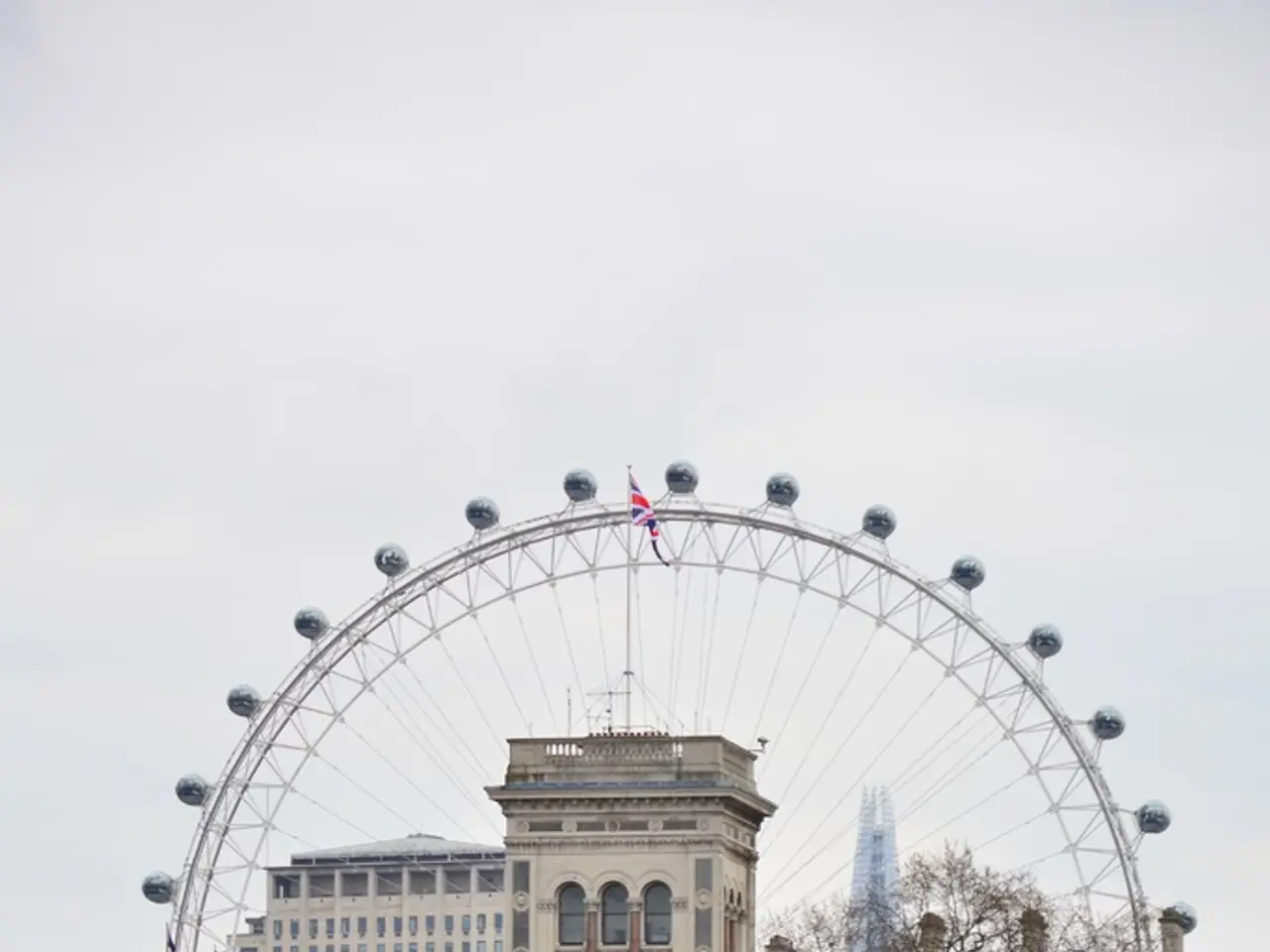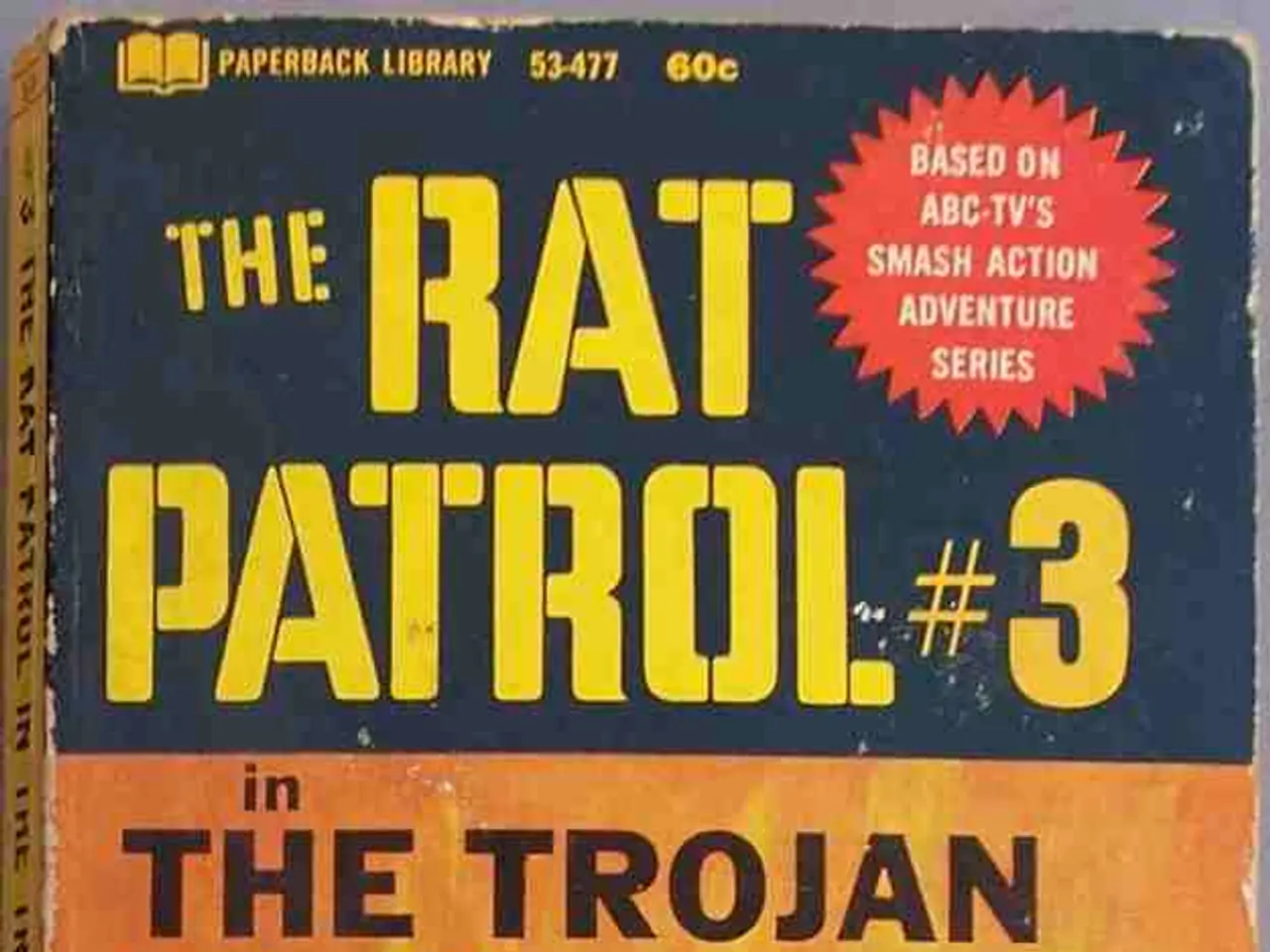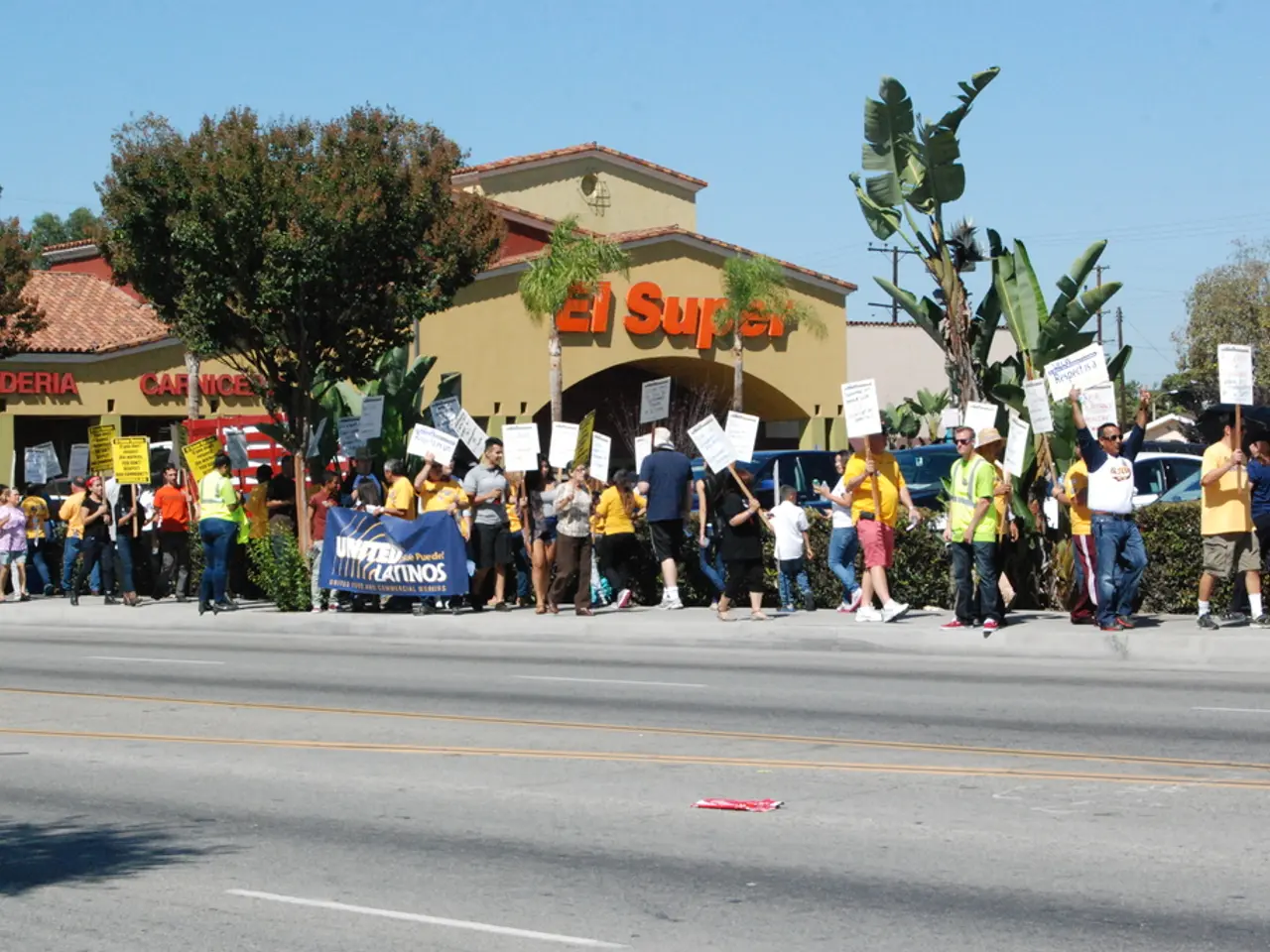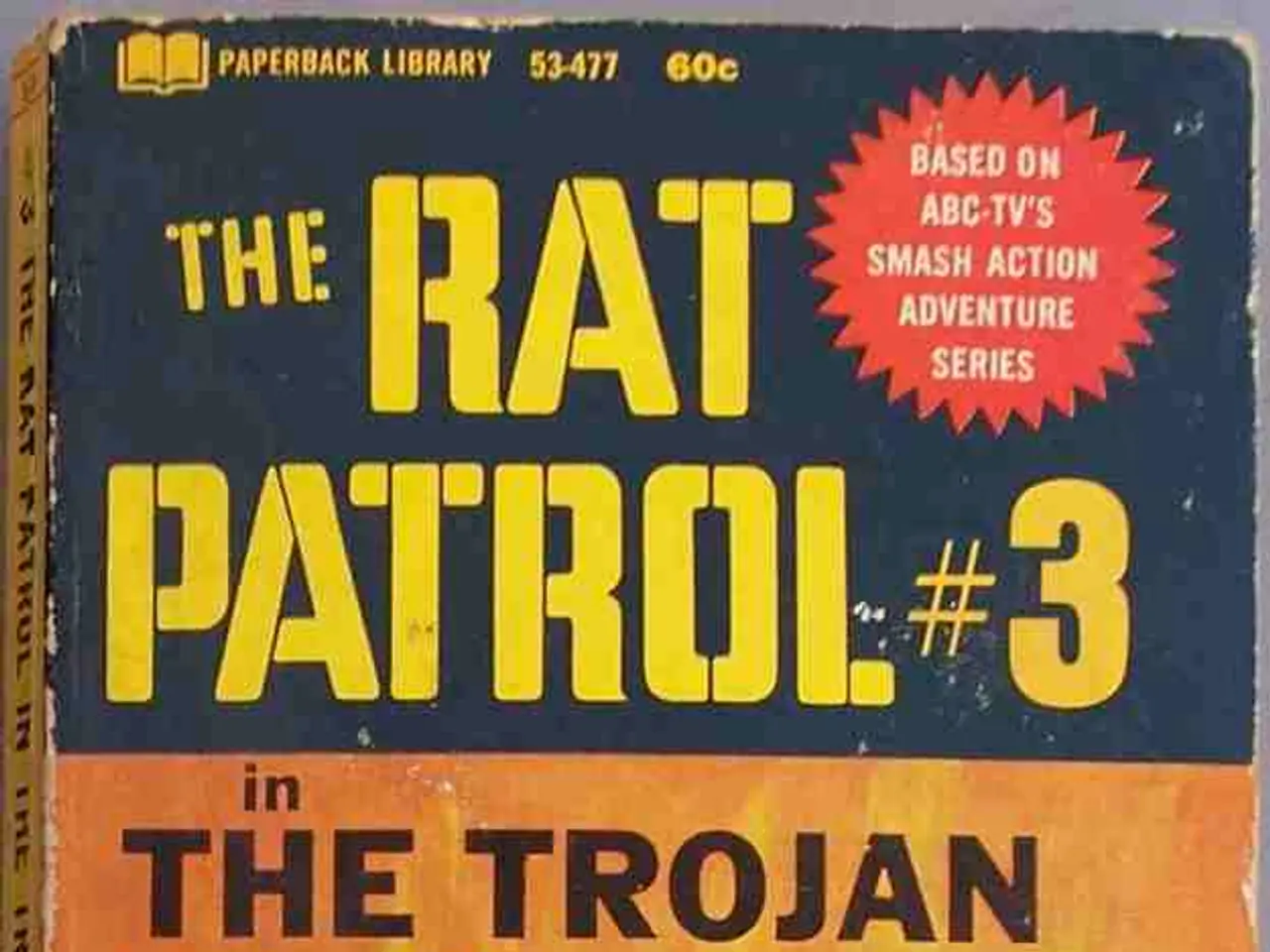Unspoken Protests in Harehills, Leicester, and Other Undiscussed Urban Uprisings
In the summer of 2024, two significant incidents of civil unrest took place in England, leaving a lasting impact on the communities involved and raising concerns about underlying social and racial tensions.
The first incident occurred in Harehills, a multicultural suburb of Leeds. The disturbance was sparked after social services tried to take several Roma children into care, which led to widespread anger and unrest in this ethnically diverse area. The riot involved hundreds of people outnumbering the police and resulted in significant disorder and damage.
Harehills, which has a population where over 65% are from Black, Asian or minority ethnic backgrounds and around 40% identify as Muslim, saw local community leaders and groups stepping up to calm tensions and promote dialogue. Notably, local councillor Mothin Ali worked tirelessly to keep people safe and bring calm to the area. The Leeds Muslim Youth Forum, representing youth from the area, also played a crucial role in focusing on community cohesion and support.
The responses to the Harehills riots resulted in 77 arrests and 23 convictions[1]. West Yorkshire Police worked diligently to address the unrest that spread following the initial riots.
Less than two weeks later, the Southport atrocity took place. This event, fuelled by false claims that the perpetrator was an illegal Muslim migrant, ignited widespread protests and riots across multiple towns and cities in England and Northern Ireland, including Leeds. The Southport riots were a tragic turn of events, with more than 1,500 arrests made and hundreds imprisoned[2].
The Southport riots were sparked by a 9-year-old girl's death following an attack by a 17-year-old male of Rwandan background. Misinformation and inflammatory chants further fuelled the violence, despite Merseyside Police's attempts to clarify facts about the suspect to quell unrest[3].
These two incidents serve as a stark reminder of the importance of community cohesion, dialogue, and understanding in times of crisis. They also highlight the need for accurate information in the face of misinformation, particularly in sensitive and emotional situations.
References:
- BBC News (2024). Harehills riots: What we know so far. [online] Available at: https://www.bbc.co.uk/news/uk-england-leeds-56188355
- The Guardian (2024). Southport riots: More than 1,500 arrested and hundreds imprisoned. [online] Available at: https://www.theguardian.com/uk-news/2024/aug/25/southport-riots-more-than-1500-arrested-and-hundreds-imprisoned
- The Independent (2024). Southport riots: Merseyside Police attempt to clarify facts about suspect. [online] Available at: https://www.independent.co.uk/news/uk/home-news/southport-riots-merseyside-police-suspect-b2147623.html
- Sky News (2024). Southport riots: Misinformation fuels violence. [online] Available at: https://news.sky.com/story/southport-riots-misinformation-fuels-violence-12356041
- The Telegraph (2024). Harehills riots: The aftermath and lessons learned. [online] Available at: https://www.telegraph.co.uk/news/2024/07/28/harehills-riots-aftermath-lessons-learned/
- The events in Harehills, Southport, and other locations in England have underscored the importance of free speech and the need for accurate information amidst the chaos of politics, culture, and general-news.
- While community leaders and organizations such as local councillor Mothin Ali and the Leeds Muslim Youth Forum worked diligently to promote understanding and dialogue in Harehills, misinformation and identity politics helped ignite the Southport atrocity.
- In the face of crime-and-justice issues like the Harehills riots and Southport atrocity, it is crucial to assess and address underlying social and racial tensions, lest they lead to more civil unrest.
- As we move forward, it is essential to consider the impact of cancel culture and political sensitivities on community cohesion and the ability to address sensitive and emotional topics like those observed in the events of 2024.






